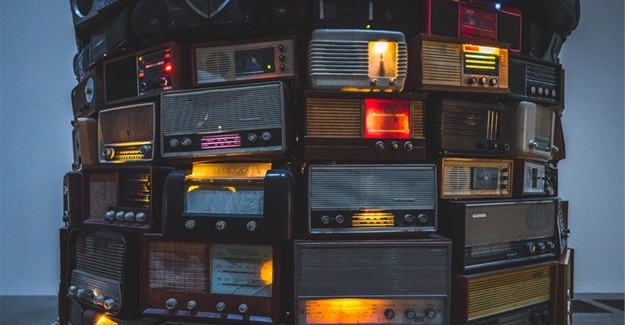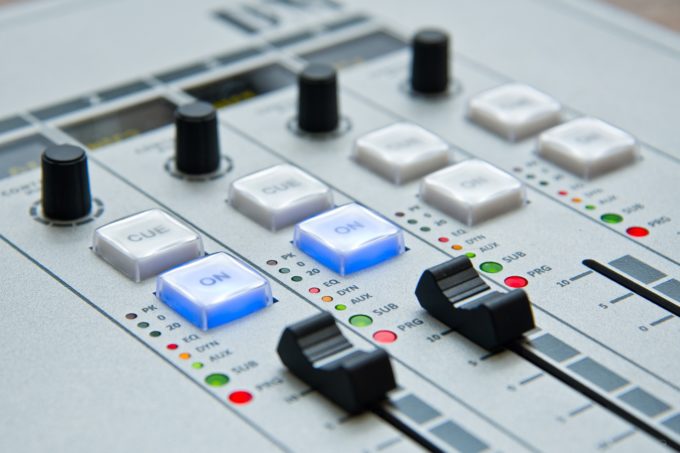BY: WARREN RAVINSKY Radio and digital advertising go hand-in-hand. Both mediums boast quick turnaround times, cost-effectiveness and, most importantly, reach.

Online streaming has been around for a decade but it’s now gaining traction in the radio industry like never before. More and more stations are transitioning from their traditional broadcasting platforms to online channels. They’re adding digital content to their pages and partnering with publishers, while the presenters’ and DJs’ social clout are packaged as added value deals. The result is clutter-busting engagement, with digital convenience.
Like one of those birds that are attracted to shiny jewellery, I love new gadgets and new technology. As someone with the expensive Early Adopter Disease, I embraced podcasting in its nascence…
Driven by culture
This media convergence isn’t driven by technology. It’s driven by culture. South Africans aren’t consuming media via a single platform but rather they’re connecting the dots between different offline and online media, based entirely on their own interests.
As a ‘blind’ medium, radio pairs well with other communication channels. It arguably holds the attention of the audience in the most consistently captive manner of any media, and it does so for lengthy periods of time, and, now that one-third of listeners are tuning in via their phones, they’re actively browsing based on what they’ve heard.
In our local market, radio is particularly powerful because of its inclusivity – it connects listeners across all demographics, even in the most rural of locations. Radio has also further demonstrated its pliability with offers like Road-to-Radio, which couples broadcast with timed, digital out-of-home promotion.
Radio has evolved
Combined radio and digital campaigns work particularly well in the classifieds industry because of buyer intent. Unlike many other platforms, customers visit the classifieds site in order to shop or browse and they’re open to offers and interaction with advertisers.
We can’t yet quite fathom the role that an increasing preference for voice search will play in this process but, as we start to find new ways of indexing, sorting and analysing sound, we will soon be able to store and search radio broadcasts in the same way that we’ve been doing with video and written content.
Futurists have predicted for more than 30 years that radio will die out but they’ve consistently been proven wrong. Radio has evolved into a medium with 35.7 million South African listeners that’s perfectly complementary to its supposed competitors.
This article was repurposed from Bizcommunity on 10 April 2019.

